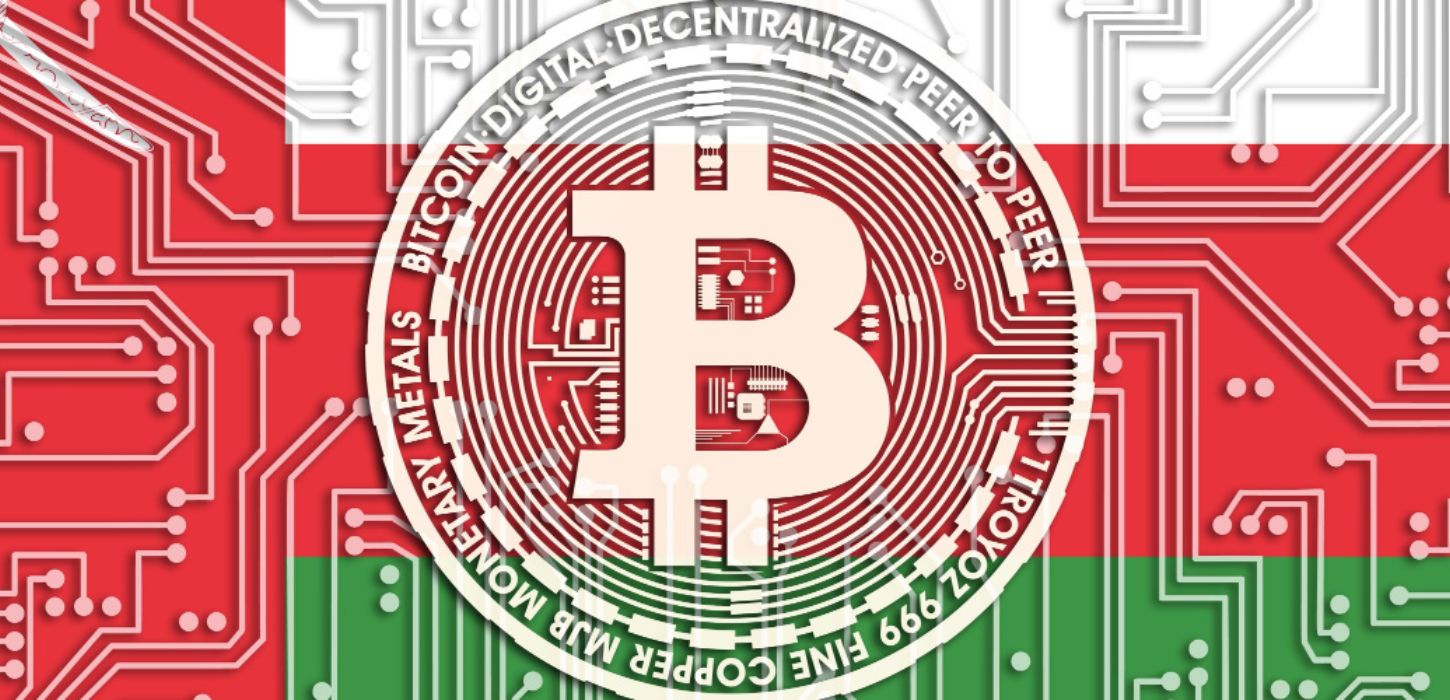TL;DR
- Oman has a development goal of becoming the leading cryptocurrency hub in MENA and Islamic crypto-adopting countries.
- In August 2023, the Omani government announced that it had invested approximately $800 million in cryptocurrency mining efforts to date.
- Some Islamic scholars have debated how Sharia law governs cryptocurrency investment. Islamic financial principles, defined by Sharia law, guide the permissibility (halal) or prohibition (haram) of financial products.
- Although the theological debate continues, data reveals that Islamic countries, especially MENA, have markedly embraced cryptocurrencies.
This month, the government of Oman, located on the southeastern border of the Arabian Peninsula, significantly expanded its involvement in the world of digital currencies. The action is part of Oman’s larger ambition to become the leading digital force in the increasingly competitive West Asia region.
The West Asian country is pursuing a strategy to position itself as a digital hub in the increasingly competitive region. On August 23, Oman’s first certified cryptocurrency mining company, Green Data City, and Abu Dhabi-based Phoenix Group announced a $300 million partnership. They plan to launch a 150 MW cryptocurrency mining operation next year.
Oman pours millions into cryptocurrencies amid uncertainty over Islamic law

In August, the Omani government announced nearly $800 million in new investments in cryptocurrency mining operations. According to local news reports, the city of Muscat has approved a $370 million farm run by Exaherts International, with plans to launch an additional 15,000 devices by October.
The farm will have an additional 15,000 machines by October. Saeed Hammoud Al Marwari, Oman’s Minister of Transport, Communications and Information Technology, said in a statement that the investment was a “major milestone” in the country’s efforts to “support accelerated growth” of the digital economy. Stated.
It is noteworthy that Oman is in line with the current debate in the Islamic community over the compatibility of digital currencies with Islamic principles, also known as Sharia.
Sharia law includes a set of principles governing the ethical permissibility (known as halal) and impermissibility (known as haram) of financial transactions.
Some Islamic scholars argue that virtual currencies are impermissible (haram) due to the speculative nature often associated with them. This perspective has led to the issuance of fatwas, authoritative Islamic legal rulings, by prominent Islamic communities in countries such as Turkey, Indonesia, and Egypt.
However, it is important to note that Islamic legal thinking also includes other positions. Some proponents argue that ownership of digital currencies such as Bitcoin may be consistent with halal principles because it does not involve the accrual of interest, commonly referred to as riba.
It is argued that the growing global awareness of cryptocurrencies also strengthens the argument that cryptocurrencies comply with Islamic principles. Although the debate among Islamic scholars continues, it is noteworthy that Islamic countries have emerged as prominent cryptocurrency adopters over the past few years.
Islamic countries lead the adoption of virtual currencies
Even though Islamic scholars remain divided, Muslim-majority countries are rapidly adopting digital currencies. The Middle East and North Africa (MENA), a predominantly Muslim-majority region, was the fastest-growing cryptocurrency market in 2022, according to an October 2022 Chainalysis report.
ranked in the top 20 countries on the Chainalysis Index, along with India and Nigeria, both of which have large Muslim populations.
Furthermore, it is important to note that the regulatory stance towards cryptocurrencies in the Islamic world is mixed. The United Arab Emirates, for example, is at the forefront of crypto-friendly regulations. In contrast, Turkey allows cryptocurrency transactions but prohibits the use of cryptocurrencies by money transfers and financial intermediaries.
After all, Oman’s large investments in the cryptocurrency industry demonstrate the country’s aspirations to become a leader in the digital economy, despite ongoing debate over the compliance of such investments with Islamic law.